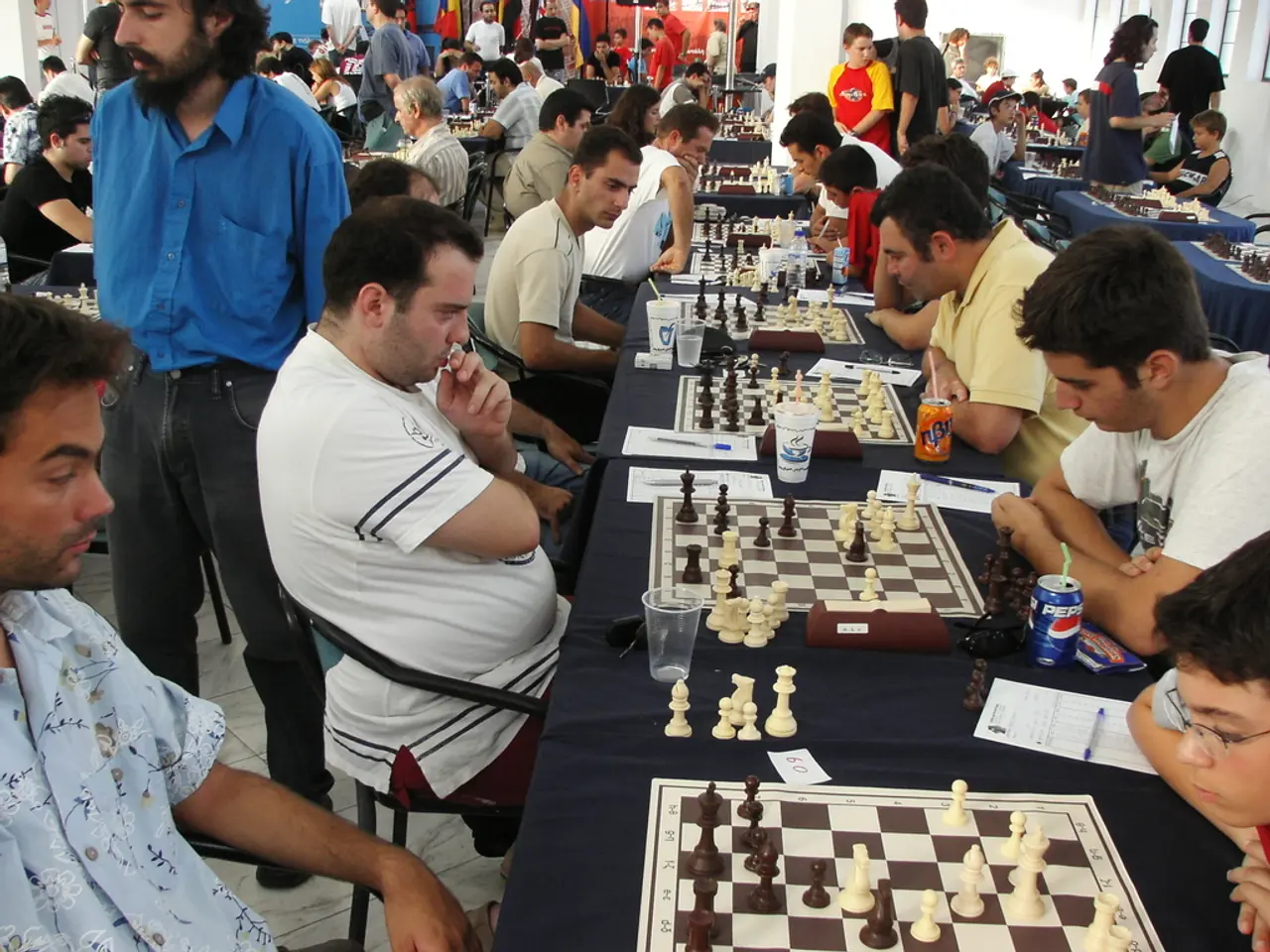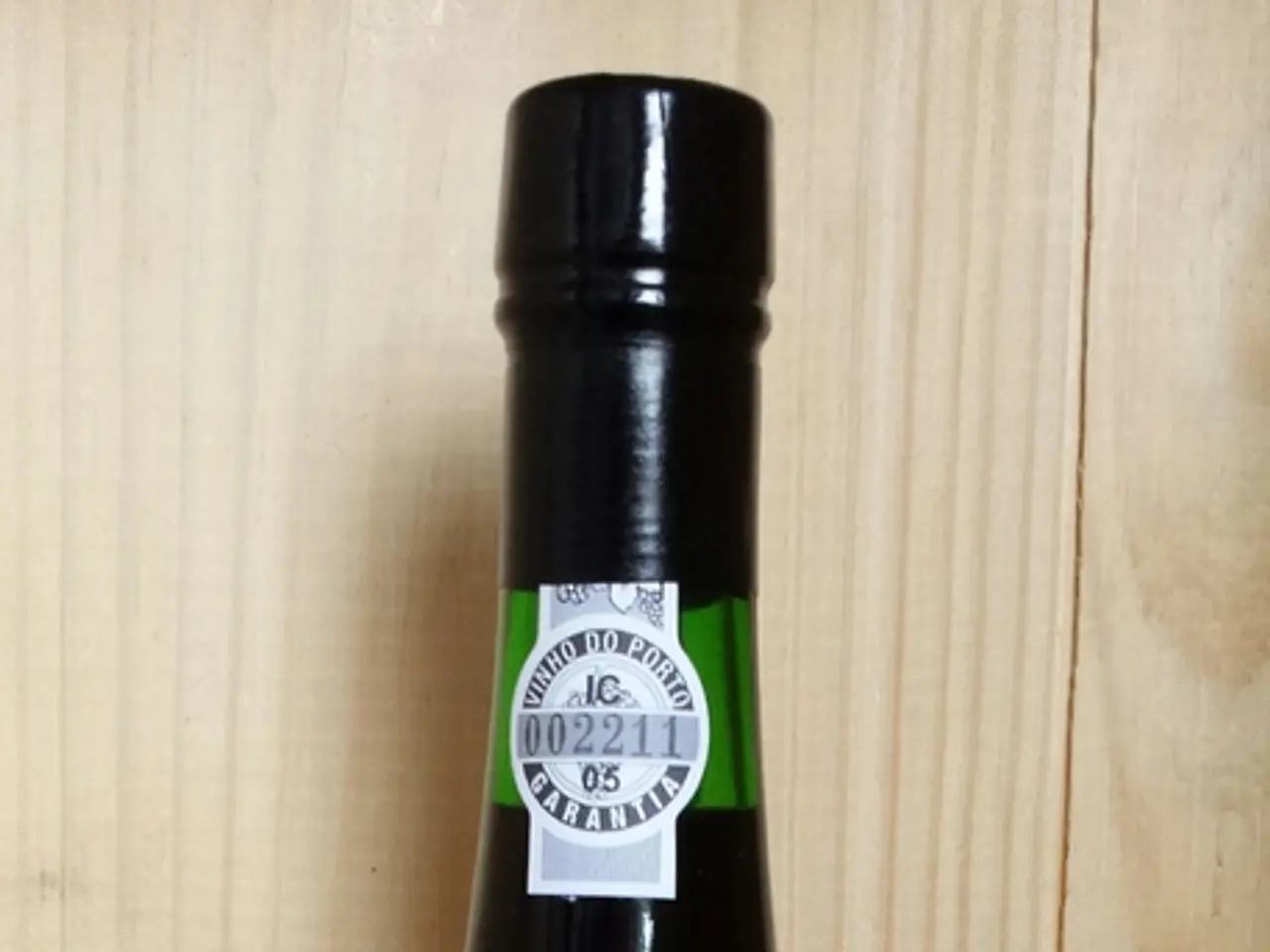Gambler Admits Guilt in Card-Recording Scam; Remains Silent on Hidden Scheme Mechanism
In a shocking turn of events, a sophisticated casino cheating syndicate was recently unmasked, with its members allegedly targeting the prestigious Marina Bay Sands in Singapore. The group, which includes a female operative known as the "Sorcerer", was caught using a concealed earphone to share card details with an accomplice, leading to a series of events that have left the casino industry on high alert.
The syndicate's leader, Tan Kian Yi, pled guilty to four charges related to cheating the Singapore casino out of S$433,730. His sentencing is scheduled for November. The authorities seized over S$790,000 (US$575,294) in casino chips from the rooms of the syndicate members.
Two of Tan Kian Yi's accomplices were charged earlier this year and have pending cases. Three other individuals are allegedly part of the group, but the status of their cases is unknown. The authorities uncovered the cheating by analysing surveillance footage and becoming suspicious of the syndicate members' behaviour.
The arrest led to other group members fleeing the country the next day. The cheating at the Marina Bay Sands casino in December 2022, involving baccarat games, spanned approximately a week.
The "Sorcerer" was not the only one using advanced techniques to gain an unfair advantage. Tan Kian Yi's accomplice entered the card information on a spreadsheet to run a specific formula for the best next move. This method, while uncommon, is a reminder of the lengths some individuals will go to cheat the system.
Casino cheating methods, while relatively rare due to advanced surveillance and security measures, do occur and have been part of casino crime history. Card recording, like the one used by the Marina Bay Sands syndicate, involves covertly memorising or filming cards dealt to gain an unfair advantage. Other notable methods include collusion, past posting, chip dumping, use of devices, and short changing.
While the Marina Bay Sands heist is a significant finding, it is not the only instance of casino cheating that has come to light. In a separate scheme uncovered earlier this year, gamblers in Las Vegas managed to win US$225,000 through a technique called dice sliding while playing electronic craps.
Despite the advancements in casino security, physical heists or thefts remain another significant threat, as seen in recent high-profile incidents. For example, the Louis Vuitton heist at Crown Casino Melbourne in 2025 involved high-security failure but was a physical theft rather than a cheating method.
As the investigation into the Marina Bay Sands syndicate continues, the casino industry is reminded of the importance of vigilance and the ongoing battle against those seeking to exploit the system for personal gain. The authorities are urging anyone with information regarding similar incidents to come forward and help maintain the integrity of the gaming industry.
The Marina Bay Sands syndicate, who were caught using advanced techniques like concealed earphones and complex formulas for card games, have been accused of casino cheating, specifically targeting casino-games such as baccarat. Despite the efforts to strengthen casino-and-gambling security, methods such as card recording and collusion still pose a threat to the industry, reminding us of the ongoing need for vigilance and the importance of maintaining the integrity of the gaming industry.




